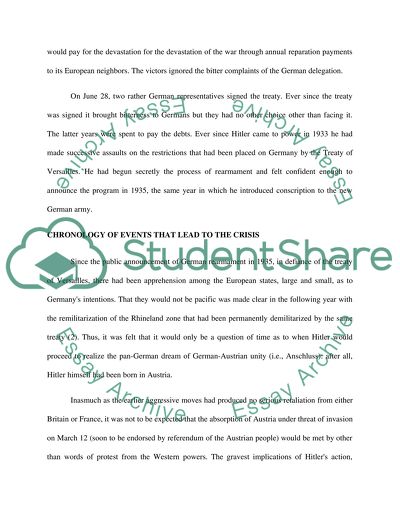Cite this document
(“Czechoslovakia Crisis Essay Example | Topics and Well Written Essays - 2000 words”, n.d.)
Czechoslovakia Crisis Essay Example | Topics and Well Written Essays - 2000 words. Retrieved from https://studentshare.org/history/1520501-czechoslovakia-crisis
Czechoslovakia Crisis Essay Example | Topics and Well Written Essays - 2000 words. Retrieved from https://studentshare.org/history/1520501-czechoslovakia-crisis
(Czechoslovakia Crisis Essay Example | Topics and Well Written Essays - 2000 Words)
Czechoslovakia Crisis Essay Example | Topics and Well Written Essays - 2000 Words. https://studentshare.org/history/1520501-czechoslovakia-crisis.
Czechoslovakia Crisis Essay Example | Topics and Well Written Essays - 2000 Words. https://studentshare.org/history/1520501-czechoslovakia-crisis.
“Czechoslovakia Crisis Essay Example | Topics and Well Written Essays - 2000 Words”, n.d. https://studentshare.org/history/1520501-czechoslovakia-crisis.


